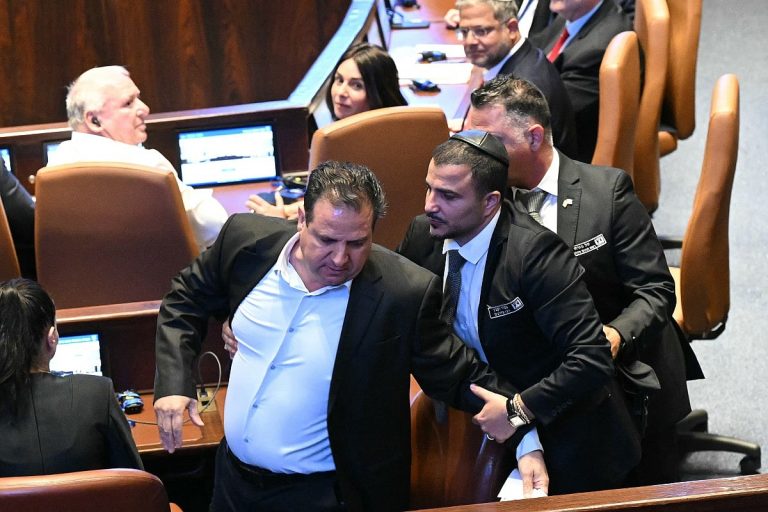Bill Gates on Climate Change: Resilience Over Panic
In a recent memo, Bill Gates shared his perspective on climate change, asserting that it will not lead to the end of civilization. Instead, he emphasizes the importance of addressing global poverty and disease as essential components of preparing for a warming world. This statement comes just ahead of the COP30 climate summit in Brazil, where Gates commended the leadership for prioritizing climate adaptation and human development.
Key Insights from Gates’ Memo
Gates outlined three critical truths regarding climate change:
1. **Civilization’s Survival**: He firmly believes that while climate change poses serious challenges, humanity will continue to thrive in most regions of the Earth for the foreseeable future.
2. **Measuring Progress**: Gates argues that limiting temperature increases should not be the sole measure of progress in combating climate change. Instead, he suggests focusing on building resilience against its impacts.
3. **Health and Prosperity**: According to Gates, improving health and economic conditions are the best defenses against climate destabilization. He points out that for many of the world’s poorest populations, issues like poverty and disease are more immediate concerns than climate change itself.
The Green Premium Challenge
A significant part of Gates’ strategy involves addressing the “green premium,” which refers to the cost difference between environmentally friendly and traditional methods of production. He advocates for reducing this premium to zero for essential materials such as cement, steel, and jet fuel. Gates likens this call to action to a memo he wrote 30 years ago at Microsoft, urging the company to embrace the internet.
Criticism of Gates’ Perspective
While Gates’ memo has garnered attention, it has also faced criticism. Some experts argue that his approach presents a false dichotomy between climate action and improving human welfare. Rachel Cleetus from the Union of Concerned Scientists stated that the two objectives are interconnected, emphasizing that climate change directly undermines efforts to eradicate poverty and promote human development. She highlighted recent climate events, such as Hurricane Melissa, as evidence of the severe consequences of climate change on vulnerable populations.
The Path Forward
Looking ahead, Gates calls for a strategic pivot in the climate community, particularly at COP30 and beyond. He urges stakeholders to prioritize initiatives that have the most significant impact on human welfare, rather than solely focusing on temperature targets. This approach aims to create a more holistic response to the challenges posed by climate change.
FAQs
What does Bill Gates believe about the impact of climate change on civilization?
Gates believes that climate change will not end civilization, asserting that humanity can continue to thrive despite its challenges.
How does Gates propose to address the green premium?
He advocates for reducing the green premium to zero for essential materials, making clean technologies more accessible and affordable.
What criticisms has Gates faced regarding his memo?
Critics argue that Gates’ perspective creates a false choice between addressing climate change and improving human welfare, emphasizing that both goals are intrinsically linked.
Conclusion
Bill Gates’ recent memo presents a nuanced view of climate change, focusing on resilience and the interconnectedness of poverty alleviation and environmental action. As the COP30 summit approaches, his call for a strategic pivot highlights the need for a comprehensive approach to tackle both climate challenges and human suffering. Moving forward, it will be essential for global leaders to integrate these perspectives into their climate strategies.
Gates’ emphasis on resilience is rooted in the understanding that climate change will disproportionately affect the most vulnerable populations, who often lack the resources to adapt. By prioritizing health and economic development, he argues that societies can better withstand climate-related shocks. This perspective aligns with broader discussions in the climate community about the need for adaptive strategies that not only mitigate environmental impacts but also enhance the quality of life for those at risk.
As the COP30 summit approaches, the dialogue surrounding climate change continues to evolve, with various stakeholders advocating for diverse approaches. Gates’ focus on innovation and technology as tools for addressing the green premium reflects a growing recognition of the role that advancements in clean energy can play in achieving sustainability goals. The intersection of technology, policy, and human welfare will likely be a central theme in discussions at the summit, as leaders seek to balance immediate needs with long-term environmental objectives.
Also Read:
Hurricane Melissa Threatens Jamaica with Catastrophic Impact
Sheikh Mohammed Advocates for Education’s Role in Leadership







